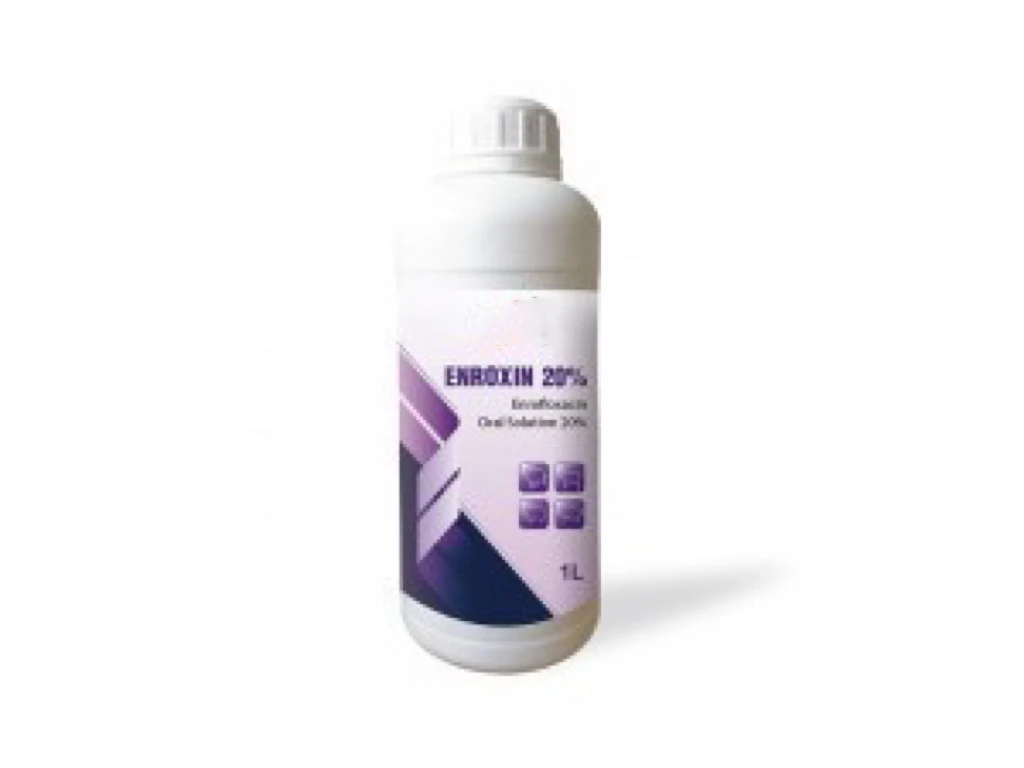- Afrikaans
- Albanian
- Amharic
- Arabic
- Armenian
- Azerbaijani
- Basque
- Belarusian
- Bengali
- Bosnian
- Bulgarian
- Catalan
- Cebuano
- Corsican
- Croatian
- Czech
- Danish
- Dutch
- English
- Esperanto
- Estonian
- Finnish
- French
- Frisian
- Galician
- Georgian
- German
- Greek
- Gujarati
- Haitian Creole
- hausa
- hawaiian
- Hebrew
- Hindi
- Miao
- Hungarian
- Icelandic
- igbo
- Indonesian
- irish
- Italian
- Japanese
- Javanese
- Kannada
- kazakh
- Khmer
- Rwandese
- Korean
- Kurdish
- Kyrgyz
- Lao
- Latin
- Latvian
- Lithuanian
- Luxembourgish
- Macedonian
- Malgashi
- Malay
- Malayalam
- Maltese
- Maori
- Marathi
- Mongolian
- Myanmar
- Nepali
- Norwegian
- Norwegian
- Occitan
- Pashto
- Persian
- Polish
- Portuguese
- Punjabi
- Romanian
- Russian
- Samoan
- Scottish Gaelic
- Serbian
- Sesotho
- Shona
- Sindhi
- Sinhala
- Slovak
- Slovenian
- Somali
- Spanish
- Sundanese
- Swahili
- Swedish
- Tagalog
- Tajik
- Tamil
- Tatar
- Telugu
- Thai
- Turkish
- Turkmen
- Ukrainian
- Urdu
- Uighur
- Uzbek
- Vietnamese
- Welsh
- Bantu
- Yiddish
- Yoruba
- Zulu
Dec . 12, 2024 09:37 Back to list
sheep deworming medicine
The Importance of Sheep Deworming Medicine
Deworming is a critical aspect of sheep husbandry that often goes overlooked by many farmers. The health of sheep is paramount not only for their welfare but also for the economic viability of the farming operation. Internal parasites, particularly gastrointestinal worms, pose a significant threat to sheep, leading to health issues ranging from weight loss to serious illness, and in some cases, even death. This is where sheep deworming medicine plays an essential role.
Understanding Sheep Internal Parasites
Sheep are particularly susceptible to a variety of internal parasites due to their grazing habits. Common parasites include *Haemonchus contortus*, *Ostertagia* species, and *Trichostrongylus*. These worms can cause anemia, reduced feed efficiency, and lower wool and meat production. In severe cases, infected sheep may exhibit symptoms such as diarrhea, dehydration, and lethargy. Regular deworming is essential to minimize these risks and maintain healthy livestock.
The Role of Deworming Medications
Deworming medications, or anthelmintics, are designed to eliminate these harmful parasites from sheep. There are different classes of anthelmintics, including benzimidazoles, macrocyclic lactones, and imidazothiazoles, each with its unique mode of action against parasites. Farmers must choose the appropriate medication based on the specific parasite problem and the life cycle of the worms.
It is important to note that with the increase in the use of deworming medications, many sheep farmers face the challenge of drug resistance. Parasites evolve over time, which can render certain medications less effective. Therefore, it is crucial for farmers to employ multiple strategies in their deworming programs, combining the use of medicine with good management practices.
Best Practices for Deworming
sheep deworming medicine

1. Regular Fecal Testing Before administering dewormers, conducting fecal egg count tests can help determine the actual need for treatment. This allows farmers to avoid unnecessary deworming, thereby reducing the risk of developing resistance.
2. Rotation of Dewormers Changing the class of dewormer used regularly can help manage and reduce resistance. Using a cocktail of different anthelmintics can also be effective.
3. Strategic Timing Timing your deworming based on the sheep’s lifecycle and the seasons can enhance its effectiveness. For example, most sheep should be dewormed in the spring or before lambing when they are more vulnerable to parasite infestations.
4. Pasture Management Rotating pastures and practicing good herd management can significantly reduce the parasite load. Avoiding overgrazing and allowing worm populations to decline can lead to better health for the flock.
5. Monitoring Health Continuously observing the health and weight of your sheep can provide early indications of parasitic infections. Quick responses to health issues can prevent larger outbreaks and losses.
Conclusion
Deworming sheep is not merely a routine task but a vital part of maintaining a healthy flock. Effective management practices combined with appropriate use of sheep deworming medicines can prevent the detrimental effects of internal parasites. As the industry faces the challenge of resistance, adapting strategies and staying informed about best practices will ensure sheep remain healthy and productive, ultimately leading to better outcomes for farmers. By prioritizing sheep health through diligent deworming practices, farmers can secure both the welfare of their animals and the sustainability of their operations.
-
Guide to Oxytetracycline Injection
NewsMar.27,2025
-
Guide to Colistin Sulphate
NewsMar.27,2025
-
Gentamicin Sulfate: Uses, Price, And Key Information
NewsMar.27,2025
-
Enrofloxacin Injection: Uses, Price, And Supplier Information
NewsMar.27,2025
-
Dexamethasone Sodium Phosphate Injection: Uses, Price, And Key Information
NewsMar.27,2025
-
Albendazole Tablet: Uses, Dosage, Cost, And Key Information
NewsMar.27,2025













